How do we reproduce the memory and processing capabilities of the human brain?
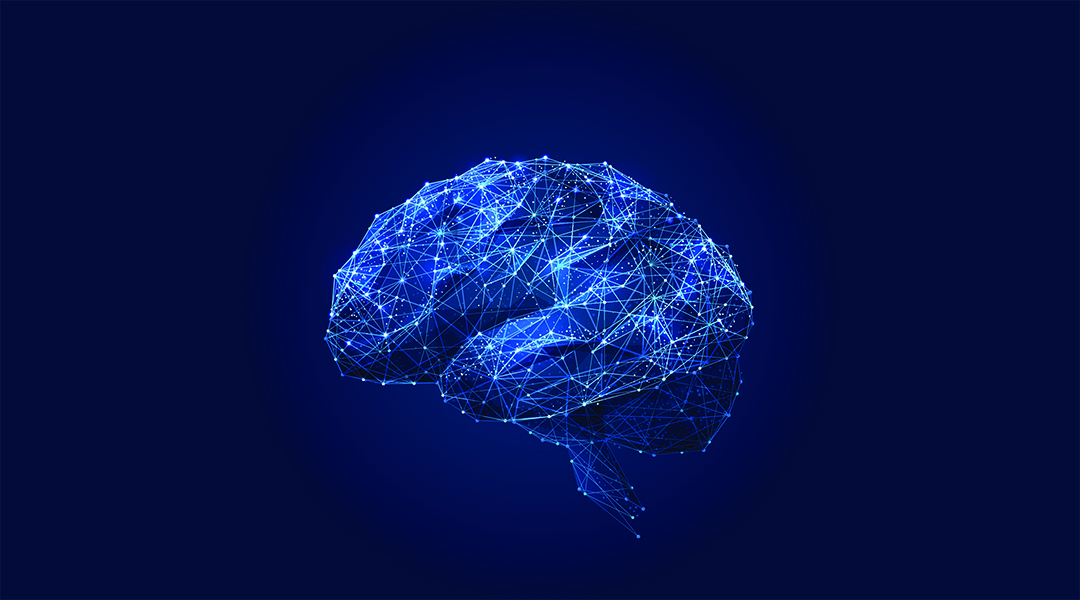

How do we reproduce the memory and processing capabilities of the human brain?
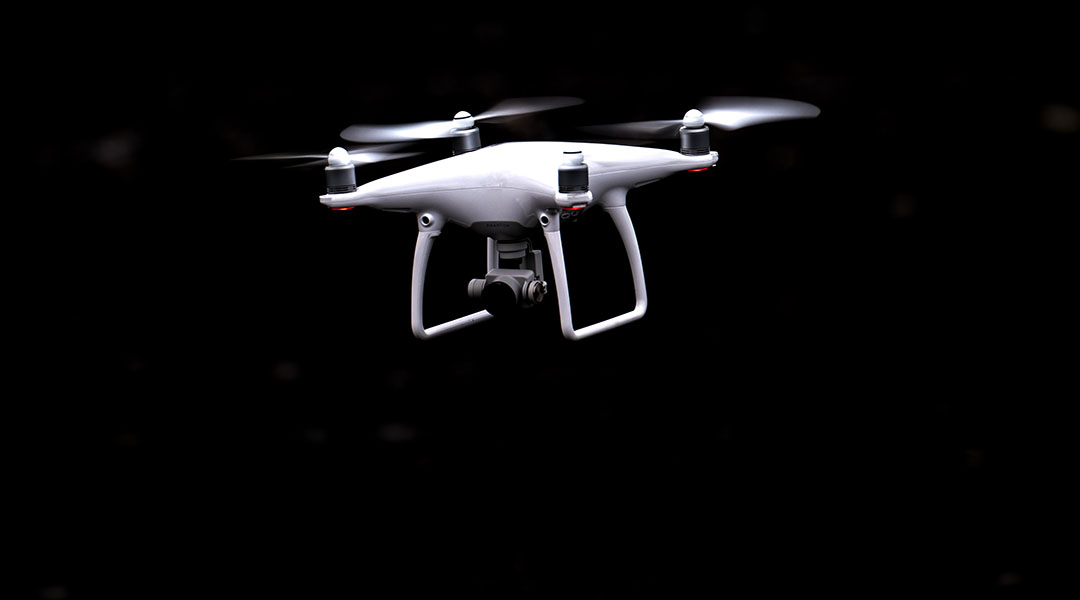
UCF researchers develop a device that mimics brain cells used for human vision. The invention may help to one day make robots that can think like humans.

In honor of the UN’s International Day of Women in Science, this week we highlight Katherine Johnson, pioneering mathematician and NASA legend.

Researchers propose printing electrodes for lithium-ion batteries on an inkjet printer, which will reduce the electrodes’ thickness by 10-20 times.
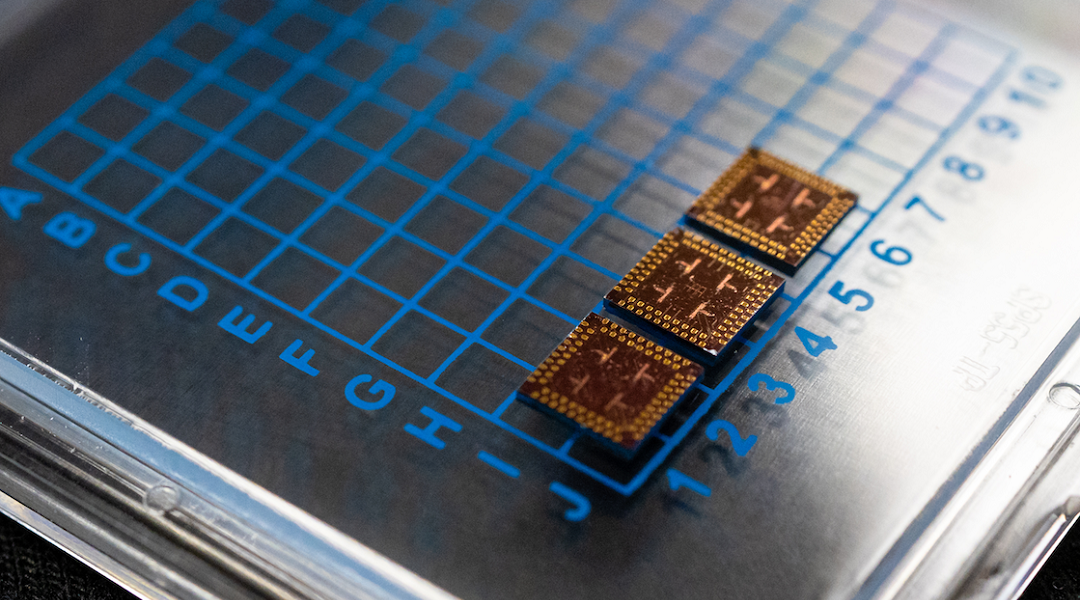
Scientists developed cryogenic memory cells that could be orders of magnitude faster than existing memories while consuming very little power.
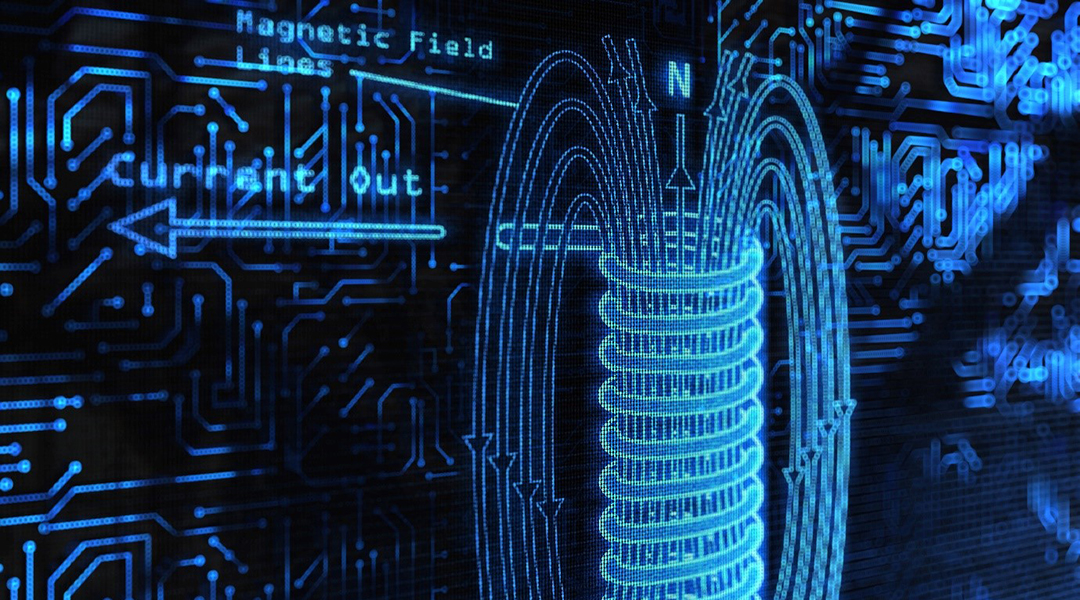
Clarifying some of the misconceptions, limitations, and capabilities of CEM modelling to help researchers find the right tools for their needs.

German physicists converted electrical signals into photons and radiated them in specific directions using a nanometer-scale antenna.

By examining a wide selection of research works from the last two years, it was very clear that astronomers are using machine learning and AI as powerful discovery tools across a range of fields.
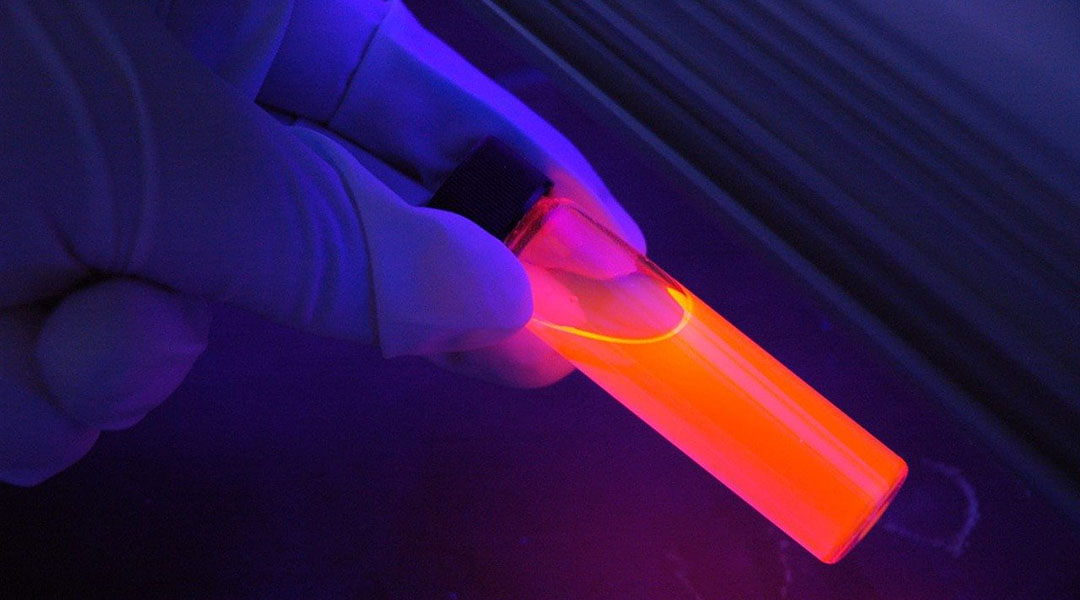
Recent progress in density functional theory provide new insights for chemical concepts like electrophilicity, nucleophilicity, regioselectivity, stereoselectivity, and more.
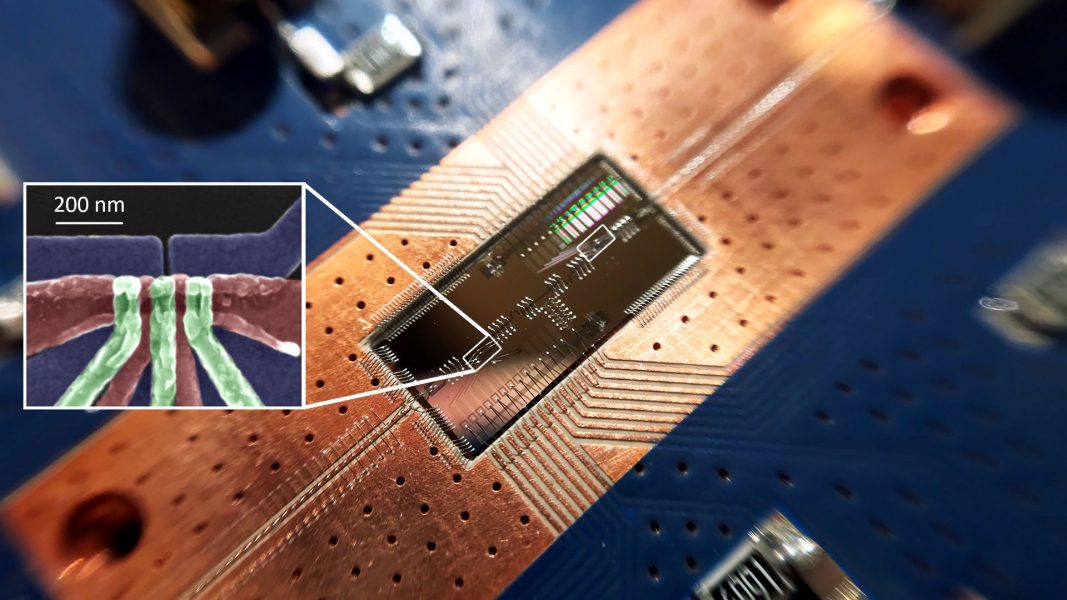
Princeton scientists demonstrate that two silicon quantum bits can communicate across relatively long distances in a turning point for the technology.